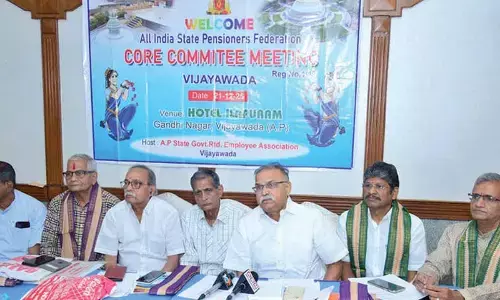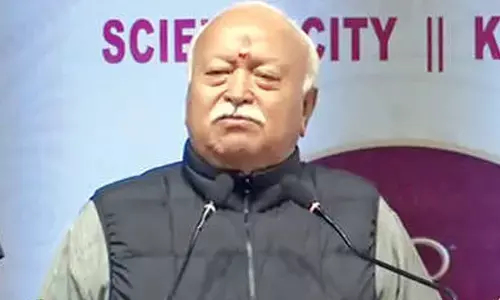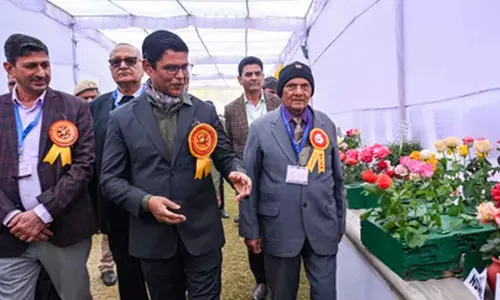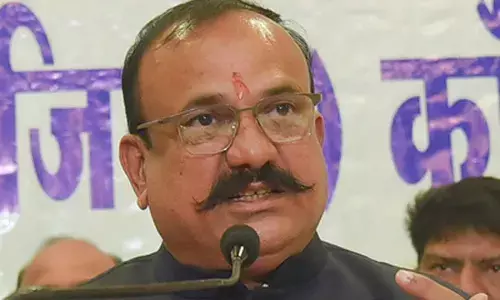Time for pro-labour vision
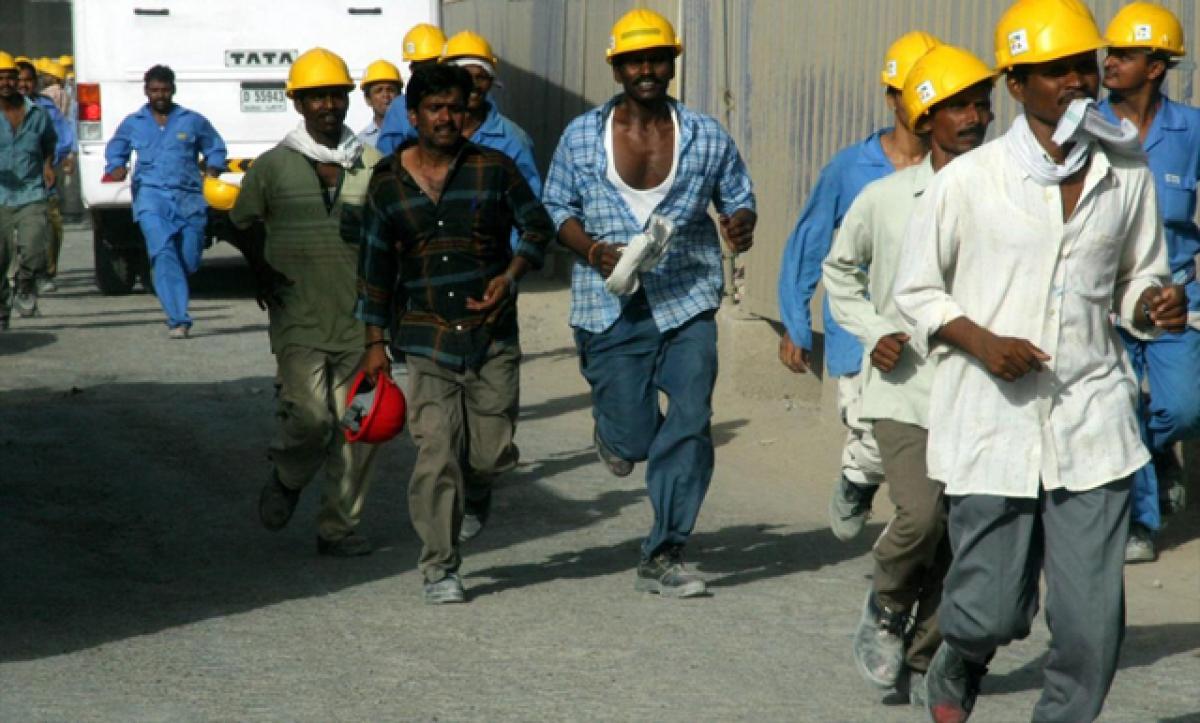
Time for pro-labour vision. Labour in India is akin to its ‘caste’ system. On the one hand are the pampered government or semi-government workers and on the other the exploited non-government ones.
Labour in India is akin to its ‘caste’ system. On the one hand are the pampered government or semi-government workers and on the other the exploited non-government ones. Even the so-called organized sector does not match the conditions of the government workers.

In such a scenario of high and low caste workers, the utterance of reform has become a dreaded word. The more reform is the higher is the suffering of the Indian worker. It is not restricted to a sector or two but every sector. That is the reality. So when someone says that an investor in the US, or the West or anywhere else in the developed world wants more labour reforms in India, it rattles the workers.
The million dollar question is-can India take the giant leap without caring for the working class? Certainly not! The Indian economy is sliding because its ‘holy cow’, the workers, is at the receiving end and is being asked to shed more. So what do those investors want? How would they be contributing to the economy?
All they have are complaints against everything – the tax system, wages, welfare, regulations and simply want a free run to escape all laws. The Union Carbide phenomenon continues.
While FDI is good and welcome, should someone bringing some pennies be allowed to romp home with all the profits? Is the country that helps them repatriate enormous profits supposed to remain deprived?
The Indian labour has suffered through the era of supposed protection. Workers were sacked by the industry in droves without even giving them their basic minimum wages and other benefits. The closed or abandoned mills around Kolkata, Mumbai and Kanpur are stark testimonies of the sufferings of the organized labour.
The ushering in of information technology and related activities initially brought glee. Some workers were paid in six figures, while others too were drawing handsome wages by Indian standards. However, the euphoria didn’t last long.
The IT industry, despite soaring profits, has now squeezed their high-paid employees forcing most of them out it. The new wage standard varies from Rs 5,000 to 40,000. Those who put in some years and rose to higher scales are often put conditions that they have little option but to quit.
The phenomenon is widely prevalent in the private banking and insurance companies. More employees are outsourced and they are not privy to any benefits proposed by law or company rules. Foreign companies such as Nestle or Pepsi hardly have any plant that they call their own.
Every activity, from manufacturing to distribution, is outsourced. Indian businesses are given loans to produce their product at prices fixed by the companies. The foreign companies have no liability to the workers. As the recent quality issue hit Nestle’s noodles, many such outlets closed down overnight making the workers helpless and distraught.
The International Labour Organisation’s report ‘Decent Country Work Programme 2013-17’ finds that 92 percent were employed in informal sectors. It’s concerned over the rising contract jobs, euphemistically called “outsourcing”. Further, it mentions that half of the workers are engaged in agriculture and just 11 percent in manufacturing.
In the case of India’s growing education sector, it is found that here too the faculty and other staff are not paid as per provisions of the law. Apparently, there is almost a consensus that lots needs to be done for labour. In the name of “reform”, the workers are set to be deprived of the least they have. Modi has to look at the workers with a fresh vision.
The labour laws do not need reforms. Rather these need a new approach to treat labour with compassion. Plus, the government alone cannot remain a model employer. The industry too has to chip in. Remember, it takes two to tango.
By Shivaji Sarkar











